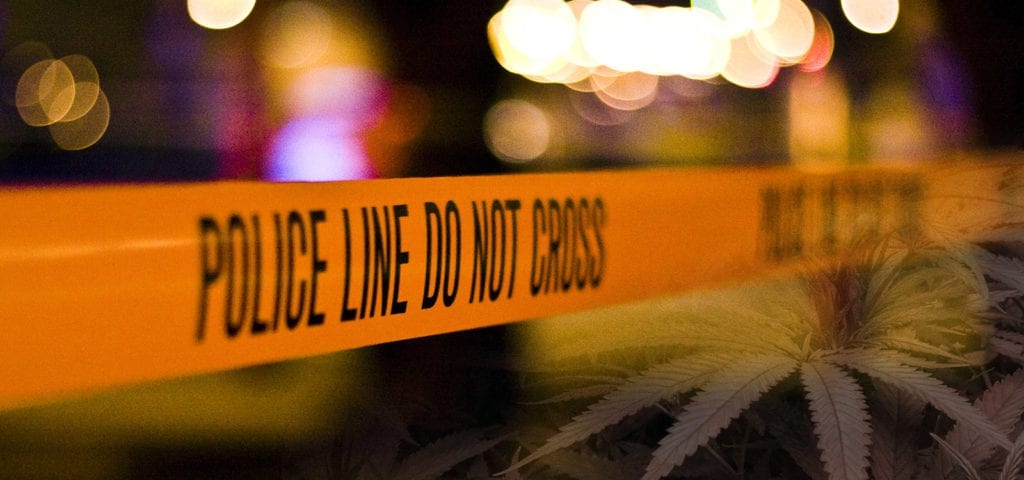It’s either pure stubbornness, ignorance, corruption or officials in Washington D.C. really want to recreate the black market.
Our politicians can’t have it both ways. It’s 2017 and not just 75+% of America but the world recognizes the health, psychological, medicinal and recreational benefits of cannabis. World governments and law enforcement recognize that legalizing cannabis not only greatly minimizes poor-quality canna, but it takes it out of the hands of gangs, cartels, and illegal pushers.
Federal and local governments are provided with tax money — lots and lots of money. Legalization creates an industry, not just for those actually growing, but also an ever-greater job market for those providing ancillary services and products. Then, think about all of those empty commercial zones now filled and a huge startup alternative energy industry thriving where it had no place before.
So, what is the problem? With 100-year-old shopping establishments going out of business and our politicians not seeing that it is technology and robotics that are putting the American workforce out of business, not illegal immigrants, we need all the economic help we can get.
“We the People” are not “We the Stupid.” We know that all of the naysayers bashing cannabis go home to a drink in their hand. Really? Hard liquor is okay, but first-quality Mother Nature is not? Mr. Government Employee, you forget your history; during the alcohol prohibition era, cannabis was not only legal but the vice of choice.
History of cannabis prohibition
Cannabis wasn’t made illegal until three years after the end of prohibition. It was illegalized not because it was a dangerous substance, but due to yellow journalism efforts perpetrated by Mr. Randolph Hearst’s business empire and a racially charged ruse to save Harry Anslinger’s law enforcement career.
Anslinger was the first commissioner of the U.S. Treasury Department‘s Federal Bureau of Narcotics (FBN). Prior to that, he had been a staunch supporter of alcohol prohibition. In fact, it’s often reported that Anslinger had originally claimed that cannabis was not an issue, not harmful, and that “there is no more absurd fallacy” than the idea that it makes people violent. However, he shifted that stance out of self-interest, fearing that his Department of Prohibition would become obsolete after the U.S. government walked back that disastrous period of history.
Government protecting Big Pharma contributions
Research and the government’s own data demonstrate that painkiller abuse and overdose rates are lower in states with medical marijuana laws. Patients are increasingly choosing cannabis over powerful and deadly prescription narcotics. Perhaps most strikingly, the typical physician in a medical cannabis state has been found to prescribe on average 1,826 fewer doses of painkillers in a given year.
So why do the all-powerful pharmaceutical companies need government protection? Because painkiller prescriptions in medical cannabis states are tanking.
Pharmaceutical companies have long been at the forefront of opposition to marijuana reform, funding research by anti-pot academics and funneling dollars to groups that oppose marijuana legalization, such as the Community Anti-Drug Coalitions of America.
However, a new study shows that cannabis prescriptions might have saved Medicaid (different from the Federal Medicare program) up to $1 billion on prescription drug costs in 2014 if it had been legal nationwide. This study comes as the Trump administration and his Southern Baptist Attorney General Jeff Sessions are gearing up against the legalization of cannabis, with Mr. Sessions stating that the benefits of medical marijuana are overhyped.
So, what’s keeping Mr. Sessions from arresting Big Pharma’s pill-pushers for intentionally poisoning us and keeping us from securing better and safer products that they don’t get to make money off of?
It all begins and ends with strong, well-funded, nationalized lobbies. I guess money still speaks to the good old political establishment.
